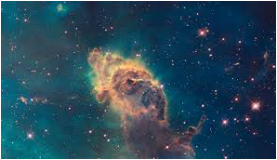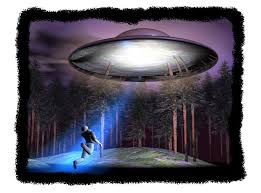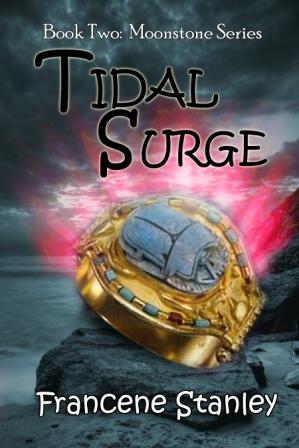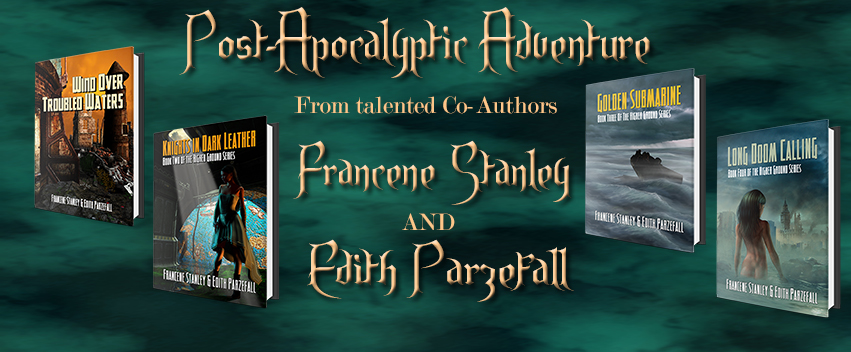
But, with the abundance of similar worlds to Earth, we should have detected other life forms by now. Known as the Fermi paradox, this is a question that continues to plague scientists.
The Fermi Paradox questions why have we not found aliens, despite the existence of hundreds of billions of exosolar systems in our galactic neighborhood in which life might evolve.
Italian physicist Enrico Fermi devised it in 1950.
He believed it was too extraordinary that not a single extraterrestrial signal or engineering project has yet been detected.
He claimed there must be some kind of barrier that prevents the rise of intelligent, self-aware, technologically advanced, space-colonising civilisations.
This barrier is sometimes referred to as a 'Great Filter'.
The absence could be caused because either intelligent life is extremely rare or intelligent life has a tendency to go extinct.

In our space programs, astronauts might start visiting other planets in the future.
The biggest obstacle is space travel itself. A new video from YouTube channel Kurz Gesagtvideo explains the enormity of the hurdles.
To colonize another planet with our current technologies, ‘a journey of maybe thousands of years needs to be survived by a population big enough to start from a scratch,' the narrator explains.
Even if we could travel close to the speed of light, something inconceivable to us right now, it would take 100,000 years to cross the Milky Way. Ah—not like the television show 'Andromeda' then, where the pilot can jump the spaceship into a wormhole whenever the need arises and emerge in another galaxy.
Perhaps visiting another planet is out of the question.
Here's a simple sum-up of the problems: 1) Cosmic circumstances haven't presented a chance of contact. 2) In our ancient Earth, we've only advanced into space recently. 3) We might have just missed other alien advanced space voyagers. 4) Our systems of communication might be too primitive at the moment.
Or—it could even be that we are the most advanced race in the universe. If that is the case, then many experts have argued the case for doing all we can to survive and preserve the most important discovery we’ve made so far: life itself, namely, us. Source: Daily Mail.
 Alien abduction - en.wikipedia.org
Alien abduction - en.wikipedia.org I love to think about the cosmos. Maybe we're special—so beloved by our Creator that we are the only intelligent life forms in the universe.
In the seventies, I remember driving home with my family from Adelaide to Robe, South Australia at night and gazing up. Twinkling stars in the sky occupied nearly all the vista over the flat expanse of the Cooyong. I opened my mind and called to any aliens, assuring them of my good intentions. If any beings from another planet were hovering overhead, none accepted my offer of a chat.
Whether aliens exist or not, we should live our life in the sure and certain knowledge that people are like intelligent grains of sand on the great beach of life. Individuals yet part of the human race.





 RSS Feed
RSS Feed
